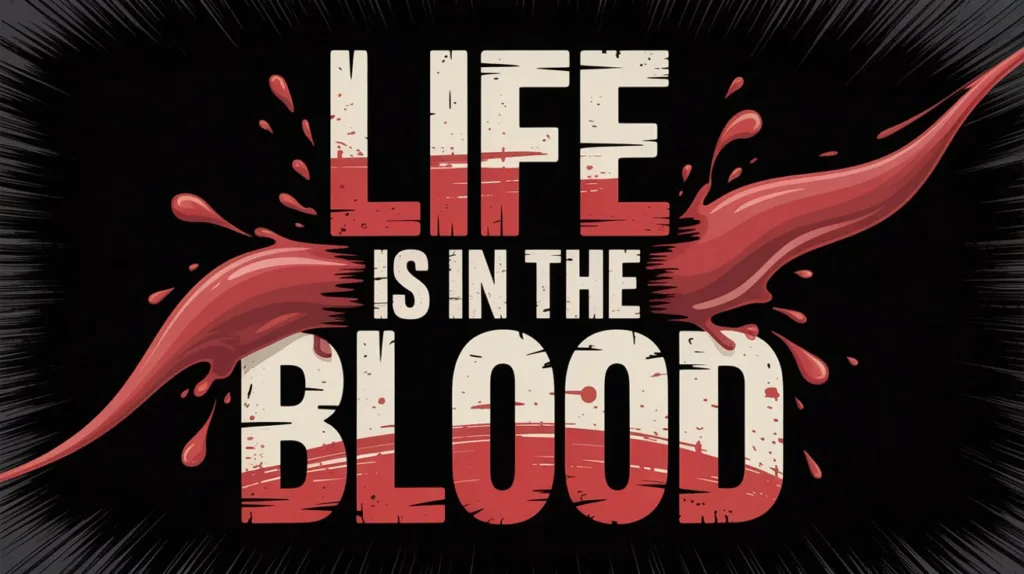The Bible addresses capital punishment directly and consistently, particularly in the context of justice and the sanctity of life. While it affirms the value of life, it also upholds the authority of civil governments to administer the death penalty in certain cases.
The principle is first established in Genesis 9:6, after the flood:
“Whoever sheds man’s blood, by man his blood shall be shed; for in the image of God He made man.”
This foundational statement links capital punishment to the sanctity of life. Because human beings are made in God’s image, taking innocent life demands accountability.
Under the Law of Moses, capital punishment was prescribed for various offenses, including murder (Exodus 21:12), adultery (Leviticus 20:10), kidnapping (Exodus 21:16), and blasphemy (Leviticus 24:16). These laws reflected God’s holiness and the seriousness of sin under a theocratic government.
However, there were strict requirements for its implementation:
Multiple witnesses were required (Deuteronomy 17:6)
False witnesses received the punishment they intended for the accused (Deuteronomy 19:16–21)
In the New Testament, the principle of capital punishment is not abolished but is placed under the authority of civil government. Romans 13:4 says:
“For he is God’s minister, an avenger to execute wrath on him who practices evil.”
Paul acknowledges that the state has the authority to “bear the sword,” which implies capital punishment. However, this authority is limited to governing powers, not individuals or churches.
It’s important to note that while the Bible permits capital punishment, it also upholds justice, fairness, and mercy. There is no room for personal vengeance or injustice under the guise of righteousness. The biblical view supports the state’s right to administer capital punishment in accordance with God’s standards, but always condemns acts of revenge. Capital punishment is a measure of justice that reflects the value God places on life.





 Get the book that teaches you how to evangelize and disarm doctrines from every single major cult group today.
Get the book that teaches you how to evangelize and disarm doctrines from every single major cult group today.